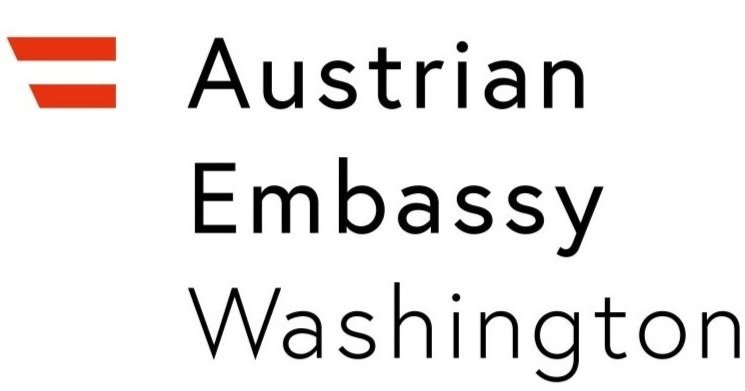
Human Rights
Rights of the Child
The adoption of the Convention on the Rights of the Child (CRC) by the UN General Assembly in 1989 laid the foundation for the international protection of the human rights of children. The large majority of UN member states are today party to the CRC. The CRC entered into force in Austria on 5 September 1992.
The Committee on the Rights of the Child consists of 18 independent experts from around the world. It monitors compliance with the CRC by States Parties. To this end, governments must submit State Reports on their implementation of the Convention every five years. The Committee reviews the Reports and issues so-called Concluding Observations with concrete recommendations for improved protection of the rights of the child in the concerned country. Since 1st March 2013, Ms. Renate Winter, an Austrian national, is a member of the Committee on the Rights of the Child. Ms. Winter is judge with experience in international tribunals and expertise in the area of child rights and juvenile justice. Her mandate will end in February 2017.
Austria submitted its 3rd/4th State Report to the Committee on the Rights of the Child in 2009. The review took place in September 2012.
On 1st February 2002, Austria ratified the Optional Protocol to the Convention on the Rights of the Child, on the Involvement of Children in Armed Conflict. Most importantly, the Protocol aims at lifting the minimum age for the participation in armed conflict to 18 years. The main policy goals of Austria in this context are a prohibition under international law of the recruitment and use of child soldiers, as well as the prosecution and punishment of those who violate this rule. On the occasion of the Paris Conference “Free Children from War!” in February 2007, Austria supported the "Paris Principles and Commitments" alongside 59 other States. Moreover, Austria supports numerous projects in the framework of its development cooperation for the reintegration of child soldiers and children affected by war. Finally, Austrian soldiers and police officers who are participating in EU or UN peace missions, receive training in the area of child protection and child rights. In this regard, the Federal Ministry for Europe, Integration and Foreign Affairs also supported the United Nations in the process of elaborating training manuals for peace missions.
The Optional Protocol to the Convention on the Rights of the Child on Child Trafficking, Child Prostitution and Child Pornography was ratified by Austria on 6 May 2004. Under the chairmanship of the Federal Ministry for European and International Affairs, the first National Action Plan was drafted, and adopted in March 2007 by the Austrian Government. Subsequently, the Action Plans 2009-2011 and the current Action Plan 2012-2014 were adopted. The National Action Plans pursue a comprehensive approach in combatting human trafficking and include measures for the protection of children who have become victim to human trafficking.
Austria signed the Third Optional Protocol to the Convention on the Rights of the Child on 28th February 2012. It empowers the Committee on the Rights of the Child to receive complaints from individuals (children or their legal representatives) who claim violations of their rights under the Convention. The Third Optional Protocol entered into force on 14th April 2014.
Rights of the child - a priority of the Austrian human rights policy
The rights of the child have been a longstanding priority of the Austrian human rights policy. Consequently, Austria has put special emphasis on promoting child rights, including protection from violence and exploitation, not only during its membership in the UN Security Council from 2009 to 2010, but also during its membership in the UN Human Rights Council from 2011 to 2014. Both, at the UN General Assembly as well as at the UN Human Rights Council, Austria is the main sponsor of the Resolution “Human rights in the administration of justice, including juvenile justice” which focuses on the protection of children and juveniles in relation to the justice system. Austria also supports the elaboration of new UN-Standards on the elimination of violence against children in the field of crime prevention and criminal justice. These Model Strategies and Practical Measures aim to support states in preventing violence against children who came in contact with the justice system.
With regard to the process of reassessing the international development goals (“post-2015 agenda”) Austria promotes a human rights based approach regarding the fight against child mortality. The UN Office of the High Commissioner for Human Rights together with the World Health Organisation will to elaborate guidelines to combat child mortality.
The Austrian Development Cooperation Act expressly includes the systematic protection of children’s rights as a goal. On the one hand, children’s rights and needs are duly taken into account in all programmes and activities of the Austrian development cooperation (“mainstreaming”) and in the debate on the post-2015 development agenda. On the other hand, specific projects for the promotion of children’s rights are implemented (e.g. safety nets against child trafficking in Albania; protection of children against violence in Kosovo). Moreover, Austria contributes to the promotion of children’s rights in the framework of UNICEF projects (e.g. measures against female genital mutilation in Ethiopia).
